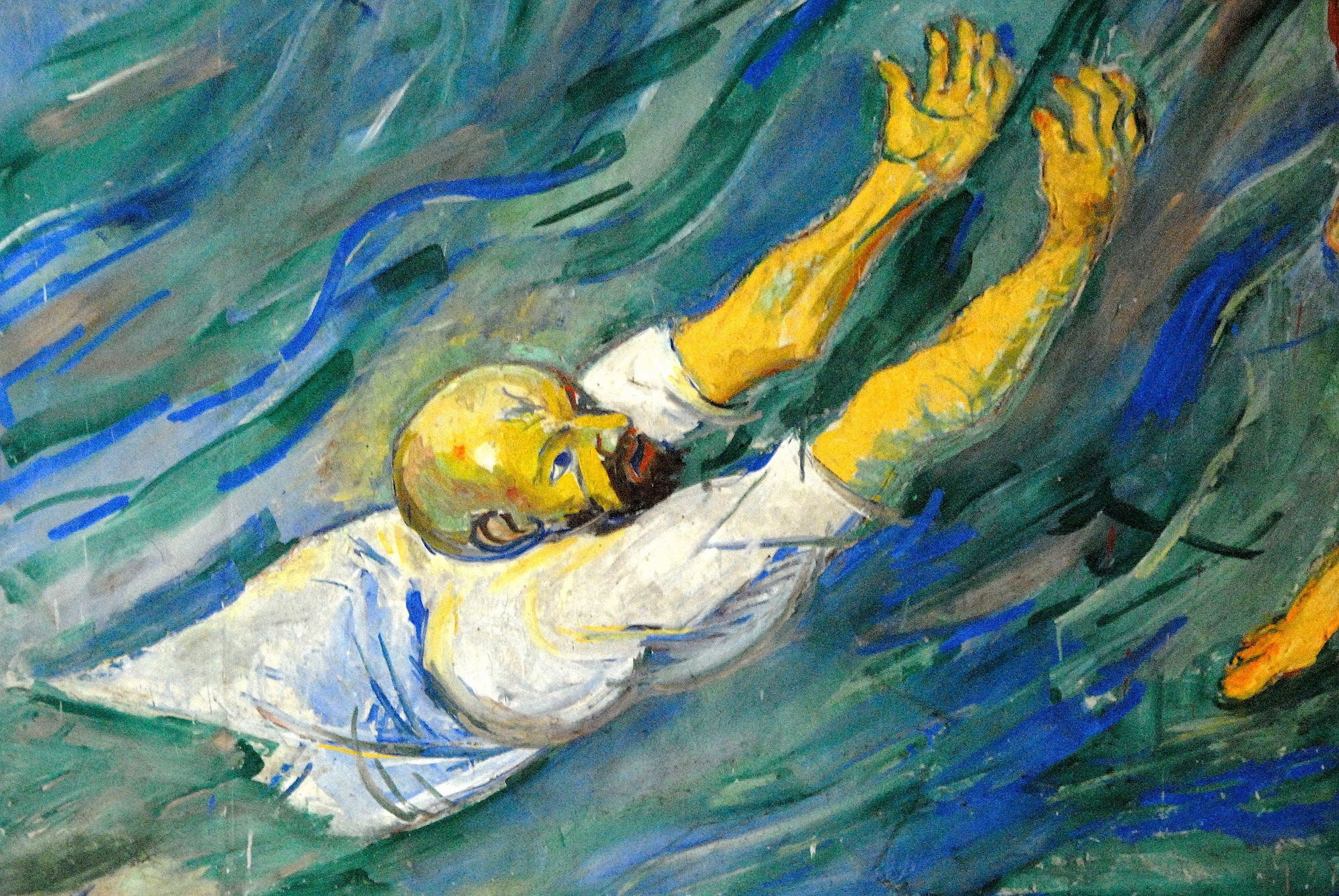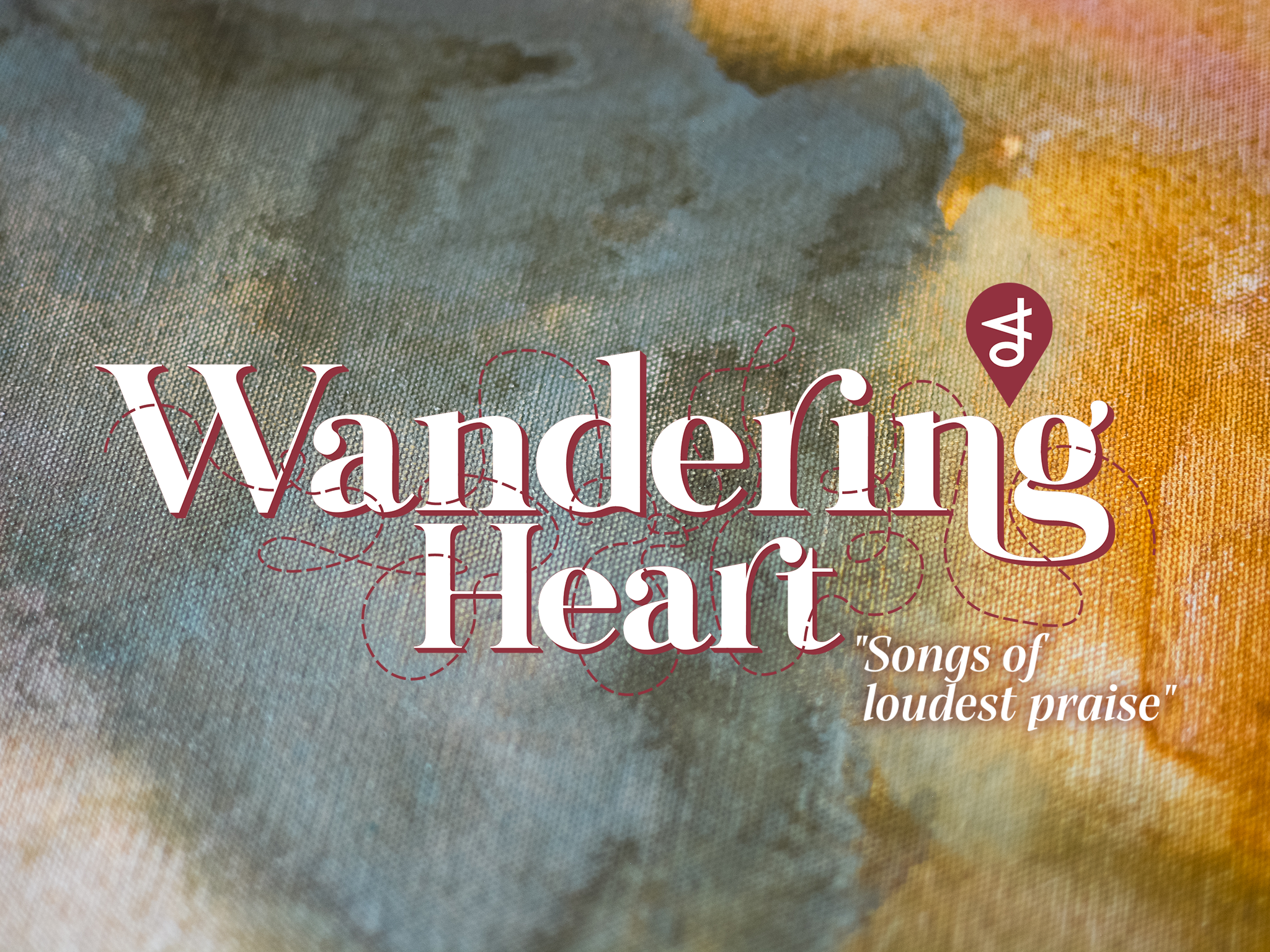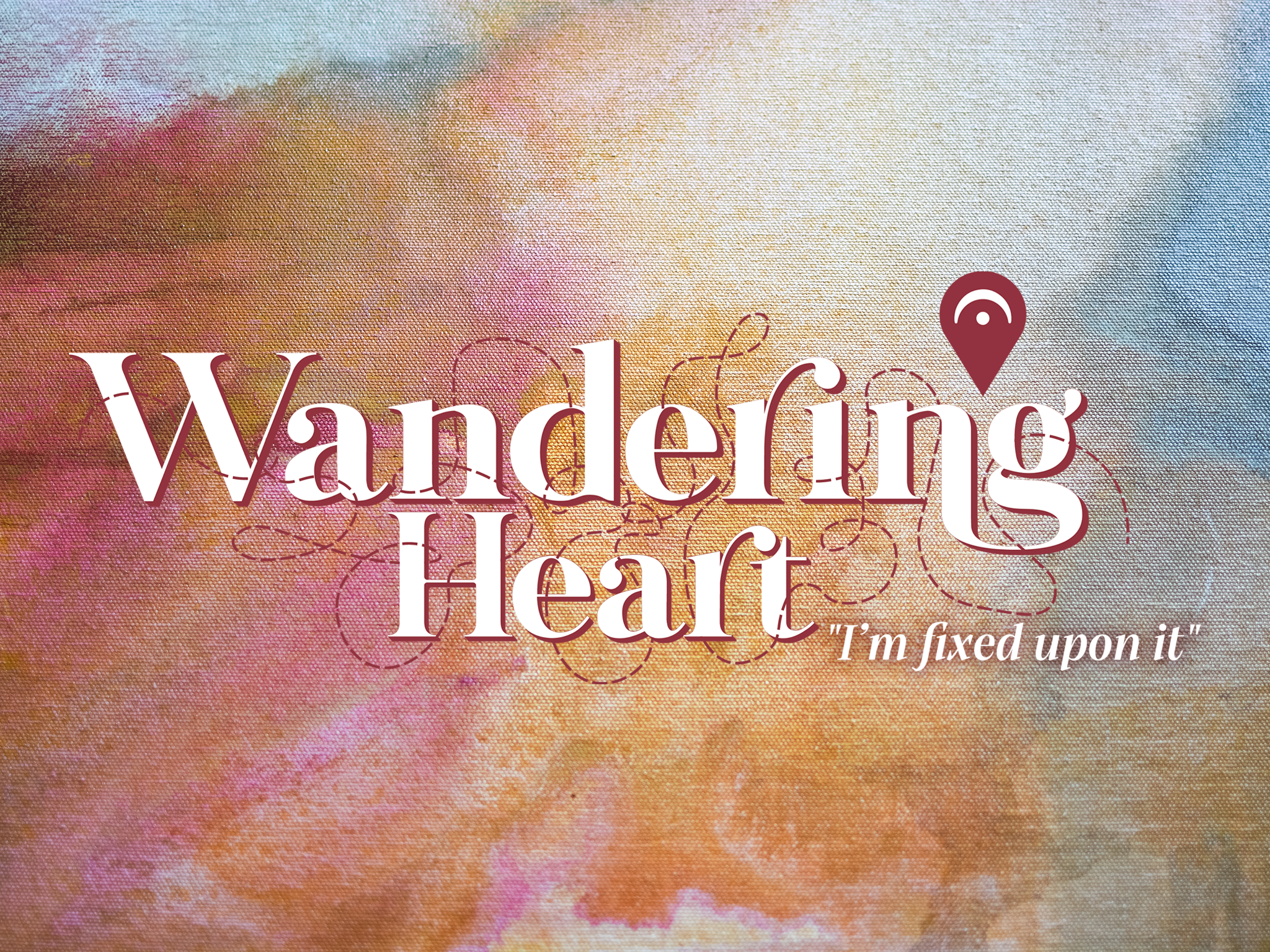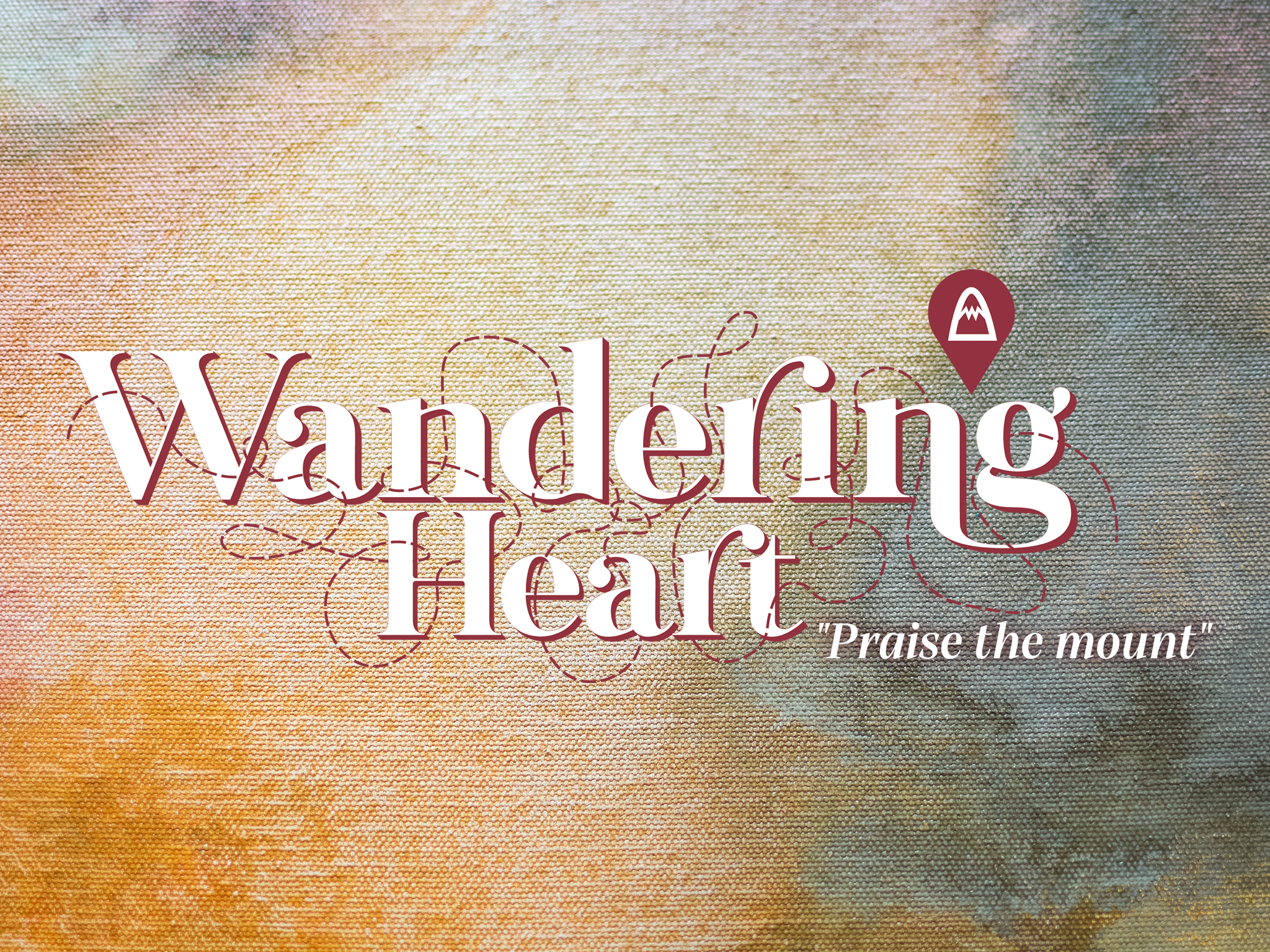Reflections from Welsey Uniting Church, Forrest today
Part One: Are we the seed, planted in the dark?
Genesis 37:1–4, 12–28
We are jealous (Genesis 37:1–4, 12–28)
the brothers
We are jealous,
so jealous of each other.
Heal us of our envy,
give us peace, give us peace.
We see the love offered
to another – we would
have it for ourselves;
we see gifts bestowed
elsewhere – we feel
we are overlooked;
we hear praises showered
on a neighbour – let them
drown all we receive in doubt.
We see the honours adorn
the walls of others, wonder why
our walls are lined with bad reviews;
we see them come between
us and our desire – throw them
in wells, for profit, far away.
We are jealous,
so jealous of each other.
Heal us of our envy,
give us peace. Give us peace.
Joseph
you thought you buried me,
but I found I was planted,
planted in Divine earth,
waiting for the chance to grow
you thought you abandoned me,
but I was never lost,
planted in my Divine home,
nurtured, nurturing hope
you thought I would hate you
but I surprised you all,
planted in Divine love,
love is all I have to give
you thought you buried me,
but I was planted, and I grew,
reaching, reaching, for life, always,
I was waiting here for you
Joseph, in the story, describes his understanding that ‘God placed me here anticipating this moment’. I’ve long found that sort of puppet string picture of God unsatisfactory, though it expresses meaning for some. When I consider Joseph’s story, I consider one who looks for God everywhere, whose posture is for hope, who understands what I spoke of early in this pandemic – that our way to the light is very often through – not around – the dark.
What tendrils are beginning to grow from us in the dark here?
We have found seeds of mutual or reciprocal care planted in recent years take root, flourish, and grow.
We have found ourselves capable of leading our own worship experiences with the help of worship outlines and online resources.
We have planted seeds of connection with the wider church as we worship with congregations in other cities, other countries.
That seed of streaming audio, planted long ago, and growing connections with members and friends for years, has dropped new seeds, as we experiment with streaming video from our gathered worship, and find what new fruit might grow from that to feed our congregation, to reach beyond perhaps.
This has been and continues to be an incredibly difficult season. We feel hemmed in, we grieve much that we have lost, we lament the distance between us and loved ones – further than ever with the impossibility of crossing it.
And yet. And yet, we have found seeds we planted in earlier seasons growing, flourishing, nurturing life.
And yet, we are managing to plant seeds in hope for new life – even in the midst of great challenges.
It seems to me, that like Joseph, that many in our congregation are looking for God, though we may feel abandoned; we are choosing hope from under the shadow of despair; we are moving through the darkness towards the light. I’d like to encourage us to resist the brothers’ path of fear, and follow Joseph as seeds ourselves, planted, not buried, reaching for life.
Part Two: We are the hope to someone else’s fear
Matthew 14:22–33
It has become clear to me that people in the Australian community – the wider developed part of the world, really – are no good at all at going without.
We are so used to having what we want, when we want it, how we want it – skinny cinnamon soy latte anyone?
When we are asked to do without our usual activities – to stay home from restaurants, gyms, churches; when we are asked not to cross borders, to visit friends, to sing, we say no, not me. We don’t want to stay in our boats – we think we can walk on water, and we will often present this desire as a command from Jesus.
Peter, seeking to know Jesus, says, command me to get out of the boat and walk towards you.
Look everyone, I can walk on water, Jesus told me to.
Boats have often been symbols for the church; water a symbol of chaos.
Peter, by the time these stories are being told, is established as a leader of the church.
So what about the boat that is our church, and its leaders, in this Covid storm? Is Peter an examplar of bold and courageous faith? Or do his actions show us the danger of privilege, of arrogance?? Have we been learning an unhelpful lesson from Peter all these years?
Does the church during this Covid storm need its leaders making bold and reckless moves towards a Christ-likeness that assumes his divinity for ourselves – the divinity that allows Christ to exercise control over chaos? Or does it need leaders who stay in the boat and keep rowing? Who see Jesus coming, know him when we see him, and trust in what he is doing – coming to be present with us?
That is a picture of the incarnation, is it not? God moving towards us, steady in the midst of chaos, sitting down beside us, bringing peace … If we would simply trust, and keep on rowing. We do not need to make the best worship videos for posterity, scurry about herding all our members back to our gatherings as soon as possible, be the most innovative or present on social media. We need only trust the Divine, and keep on doing what we must do to keep moving forward. We need not step out of the boat and exert control over the chaos, however much we would like to. We need to be here, in the boat with each other, love, support, care for one another as we have been, worship in the ways that work best for us as individuals and a community in the midst of this storm.
God is moving towards us, always through all time that is God’s constant movement. We trust that movement, that presence, keep rowing, and leave a seat free on the boat.
A Peter-esque reckless leap out of the boat as if we can do the controlling of chaos is counter-productive, by the way. It causes more fear for the others in the boat, because what risk you take for yourself you are also taking for those with whom you row the boat. To leap out of the boat causes panic, rocking and already unsteady boat. What do the others in the boat need from you? Trying to be what you’re not, trying to save yourself from risk or danger? Or being what you are, another hand on another oar keeping you afloat through the chaos? To leap out of the boat may not be the heroic attempt at faith history has told us Peter’s actions were. It may, actually be careless, arrogant, and utterly unhelpful.
Jesus did confirm his identity for them, when Peter sank: Jesus is the one who saves him. Jesus is the one in control in the midst of chaos.
What the boat-church needs from its leaders – and I speak broadly when I speak of leaders, from Presidents and Moderators to Chairs and members mature in their faith – is a steady presence, a steady rhythm, to keep us afloat, keep us moving through this storm. The boat-church needs its leaders in the midst of chaos, to trust the Divine is coming, is with us in the storm. Through our trust, we hope our people will find their own way to trust, to keep rowing through the storm, towards the source of peace.
So if you are afraid, look to one who is trusting in God, share their trust until it becomes your own. The calm and steady guidance of our Presbytery and Synod leaders is such trust, and I have found confidence looking to them these past months.
If you have found trust in God through this present storm, don’t use it to leap out of the boat and try to control it yourself. You cannot. Instead, point to the one in whom you trust, Jesus with us, coming through the chaos, bringing with him, peace. In this way may we hold for each other the light of hope, in the midst of our fear. Amen.
Image: Peter’s rescue from the Lake Gallilee. Boeckl, Herbert, 1894-1966. Source





Leave A Comment